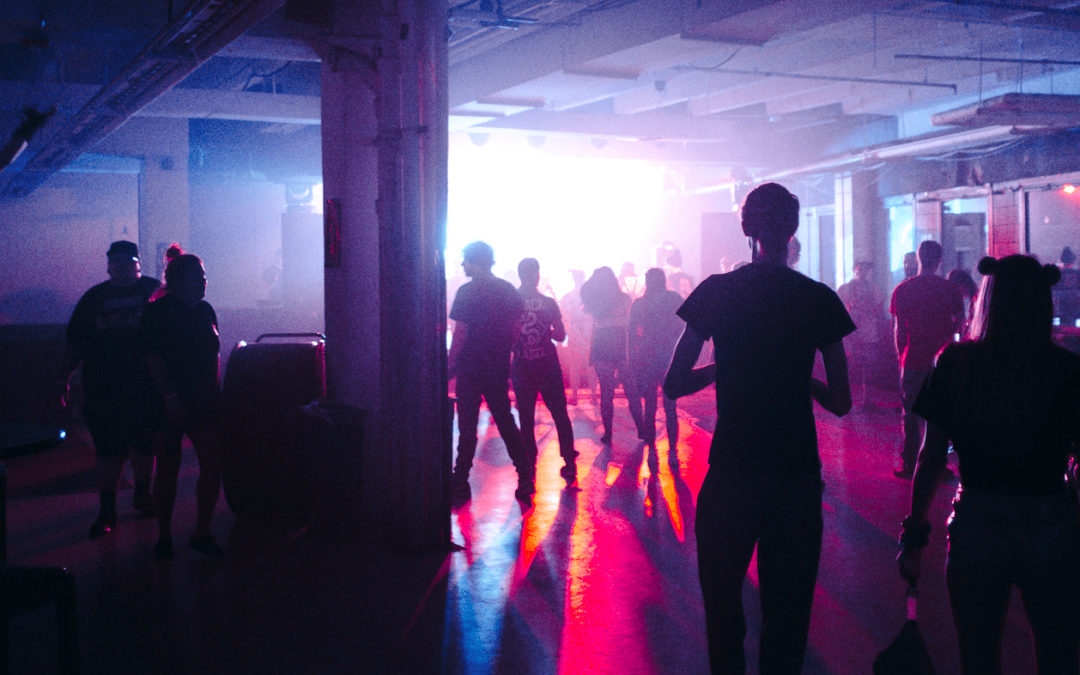On Tuesday, superstar DJ and producer Erick Morillo was found dead in his Miami Beach home – three days before a court hearing was scheduled for his sexual battery case. Artists the world over have mourned him on social media, but U.K. techno figurehead Rebekah Parmar (known mononymously as Rebekah) feels the public outpouring has done little to acknowledge his alleged misdeeds.
“I’m feeling really vulnerable and emotional posting this as I have been questioning what my outrage has been over the passing of Erick Morillo, and how the fact his alleged rape and court case have not been mentioned once, as my fellow colleagues share their thoughts on his passing, painting a picture of ‘a humble guy who was far from perfect,’ etc.” wrote Parmar in an Instagram post. “All this has done is brought up feelings of my past and the shit I have dealt with, and the fact that even if I had tried to talk about what had happened my perpetrators would still have been excused and somehow it would actually be my fault.”
Parmar was presumably referring to an Instagram post made by U.K. DJ and producer Jamie Jones, who wrote “of course Erick was not perfect” and that he “was a kind-hearted and humble human…” Joseph Capriati, Steve Lawler, Sven Väth, and Carl Cox are among other notable DJs who have portrayed Morillo in a positive light in their own posts upon learning of his passing.
Erick Morillo 1971 -2020
Carl Cox
Nic Fanciulli
Black Coffee
David Penn pic.twitter.com/OSqb8bRGbY— Business Teshno (@businessteshno) September 2, 2020
Since Parmar spoke out, however, others in house and techno have followed suit.
“Tributes pouring out for Erick Morillo in our industry, calling him a legend before calling him a rapist, goes to show how far we are away from reaching any kind of equality,” reads a passage of a statement Australian artist HAAi shared to her Instagram Story. It was reposted by Amelie Lens, Jensen Interceptor and others.
“By using your platform to pay tribute to someone who raped a woman, you are telling all of your followers that you are okay with rape,” the post goes on. “It is possible to grieve privately; it’s no more meaningful to make a public post which screams ‘rape is okay if you were a nice guy.'”
Complicated Legacy
In the weeks leading up to his death, Erick Morillo was the most recent high-profile electronic musician to fall out of public favor for allegations of sexual misconduct. The #MeToo movement that unfolded in 2017 saw a resurgence this summer, bringing to light accusations against artists like Bassnectar, Space Jesus and Billy Kenny too numerous for their respective fan bases to ignore.
Aside from his passing, one factor that sets Morillo’s case apart is that the evidence supporting the allegations against him was sufficient to warrant his arrest. The August 6th results of a rape kit tested positive with his DNA after his accuser, a fellow DJ, told the police that he raped her in December of 2019, prompting him to turn himself in the same day. Less than a month later, Miami police responded to a 911 call and found him dead in his home.
The mixed response to Morillo’s death shows that expectations for how alleged abusers are to be remembered have changed in the wake of #MeToo. The fact that Morillo will never be tried in court further complicates the matter as his alleged victim will not get to see the case brought to justice in a court of law.
The Miami Dade Medical Examiner has yet to determine Erick Morillo’s official cause of death at the time of writing.


